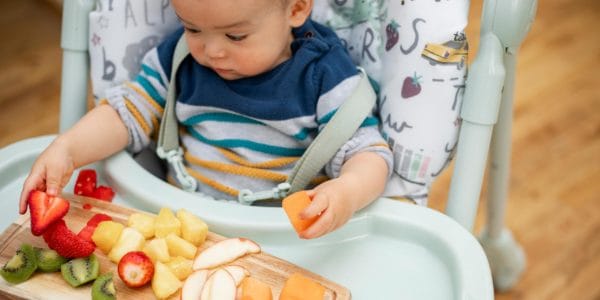
16/08/21
3 min read
Sure Start, one of England’s biggest early years programmes, delivered long-lasting health benefits for children through their teenage years. Taken together, the savings from reduced hospitalisations up to age 15 offset around 31% of spending on the programme.
Established in 1999, Sure Start Children’s Centres brought together health, parenting support, childcare and parental employment services into a one-stop shop for families with children under 5. At its peak in 2010, Sure Start received £1.8 billion a year (a third of overall early years spending), but spending has since fallen by more than two-thirds as many centres have been closed, scaled back or integrated into Family Hubs.
The research, funded by the Nuffield Foundation, builds on previous IFS analysis and provides the first evidence of how this major initiative affected children’s health up to age 15. Focusing on the 2000s (when the programme was expanding), the researchers find that the impact of Sure Start changed as children aged:
- Greater access to Sure Start initially increases hospitalisations at age 1. This likely reflects the programme’s role in referring parents to appropriate health care for children’s illnesses, and greater exposure to infectious illnesses from group settings.
- However, these early increases are more than outweighed by longer-term effects, which reduced hospitalisations through childhood and adolescence. Sure Start provision at the level of its peak (in 2010) reduced hospitalisations at age 5 by 7%; this translates to around 2,800 fewer hospitalisations a year.
- These long-term benefits persisted as children aged. For example, peak levels of Sure Start provision during childhood prevented over 13,150 hospitalisations of 11- to 15-year-olds each year (an 8% reduction on pre-Sure Start hospitalisation rates).
- This means that Sure Start has long-term benefits for children’s health, lasting almost a decade after children have ‘aged out’ of eligibility.
These results highlight the importance of integrating a range of services during the early years to improve child health in both the immediate and longer term. These are important lessons for existing services (such as Family Hubs) and should inform the government’s approach to the recommendations in the recent Leadsom Report on the first 1,001 days of life. While this Autumn’s Spending Review will be a tight one, these results highlight the importance of considering the long-term benefits of early intervention policies, not just their upfront cost.
The research also finds that:
- These benefits for child health likely come from several different channels, including stronger immune systems (which prevent infections in later childhood); less risky environments (which reduce poisonings and accidents); and improved mental health and potentially better behaviour during adolescence. However, we find no evidence that Sure Start affected mothers’ employment.
- Boys enjoy longer-lasting benefits from Sure Start than girls, reflecting their greater sensitivity to disadvantage in the early years. After the end of primary school, the impact of Sure Start on girls’ hospitalisations fades out, but the benefits for boys continue to grow. By age 15, an extra Sure Start centre per thousand children during childhood prevents over 3,000 hospitalisations a year among boys, but has no effect for girls.
- The benefits of Sure Start were also longer-lasting in more disadvantaged neighbourhoods. This suggests that Sure Start provision helped to reduce health inequalities. Going forward, an important lesson for services like Family Hubs is that a model combining universal services with an area-based focus on disadvantaged neighbourhoods can be a successful approach to early years interventions.
Maud Pecher, a co-author of the report, said: “By bringing together a wide range of early years services for children under 5, Sure Start centres dramatically improved children’s health even through their teenage years. Children who had greater access to Sure Start in their early years were far less likely to be hospitalised later on – at its peak, Sure Start provision prevented over 13,000 hospitalisations of 11- to 15-year-olds each year. These benefits were particularly long-lasting for boys and children in disadvantaged neighbourhoods.”
Sarah Cattan, IFS Associate Director and a co-author of the report, said: “The savings from reduced hospitalisations up to age 15 offset around a third of the cost of the Sure Start programme – and that’s before considering any potential benefits in education, social care or crime. Ahead of this Autumn’s tight Spending Review, these results are a reminder that policymakers should consider a programme’s potential for long-term savings, not just its upfront costs.”
Download report






















































